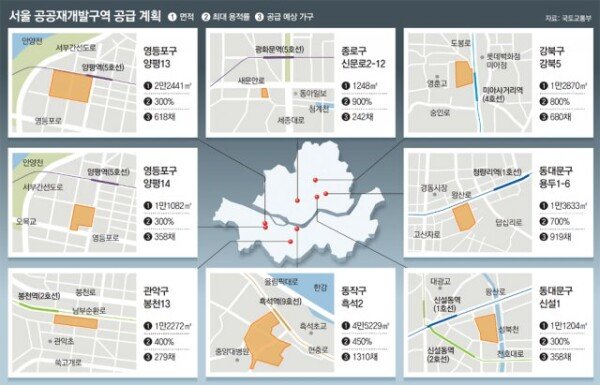The Supreme Court of Justice of the Nation (SCJN), through the First Chamber, did not rule on the constitutionality of article 142, section II, of the Law of Credit Institutions, so it remains in its terms.
In the ordinary public session, held remotely on Wednesday, January 13, the First Chamber unanimously approved the project that accounts for the withdrawal of the authority that filed the appeal for amparo in review 971/2019, for which the Amparo sentence granted to the complainant by the district judge.
In this way, the First Chamber of the Supreme Court, as the actor desisted from the legal recourse, dismissed the matter and the article remained in force. The article that deals with bank secrecy was not entered at the bottom, because there was no longer any matter.
Article 142, section II, of the Credit Institutions Law, establishes that the information and documentation, relative to banking operations and services, will be confidential, so that credit institutions, in protection of the right to privacy of Its clients and users, in no case will be able to give news or information about the deposits, operations or services, but only to the depositor, debtor, holder, beneficiary, settlor, trustee, principal or principal, their legal representatives or those who have been granted power to have the account or to intervene in the operation or service.
It mentions that credit institutions will be obliged to give the news or information when requested by the judicial authority by virtue of the fact that the holder or, where appropriate, the settlor, trustee, trustee, principal, commission agent, principal or agent, is a party or accused.
For such purposes, the judicial authority may formulate your request directly to the credit institution, or through the National Banking and Securities Commission.
The authorities that may require such information are: the Attorney General of the Republic, the state attorneys general, deputy attorneys, the Attorney General of Military Justice, the Ministry of Finance and Public Credit, the Treasurer of the Federation, the Audit Office Superior of the Federation and the Unit of Control of the Resources of the Political Parties of the INE.
–


